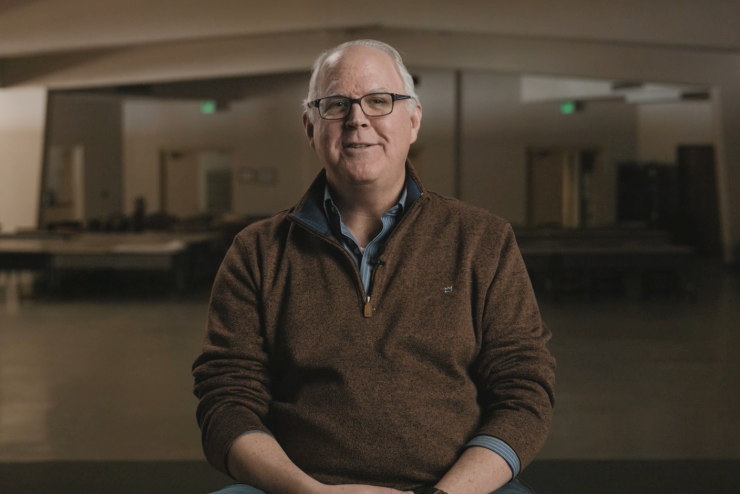
How to Become Someone Else
What does it mean to become someone else? Professor of Theatre Jim Crawford explores the art of acting and reflects on how great performances help us to see the world through new eyes.
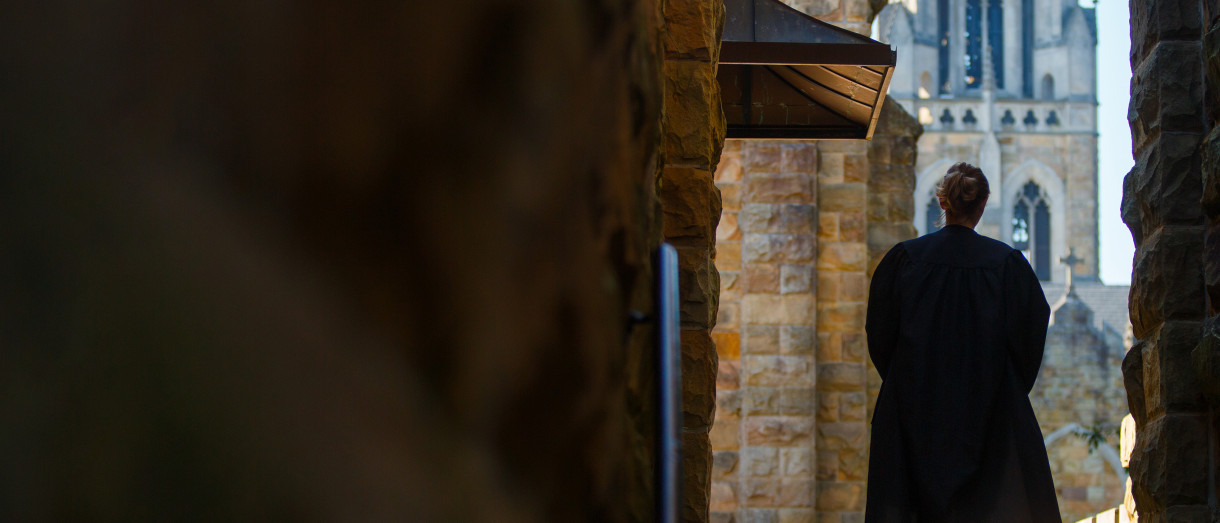
Musician. Aviator. Philosopher. Actor. Active in their fields of expertise outside of the classroom, our faculty bring a wide array of perspectives to their work as educators.
We asked them to tell us about their passions—the ideas that intrigue them, that stoke the fires of their creativity, that they could talk about forever. Here’s what they told us.

How to Become Someone Else
What does it mean to become someone else? Professor of Theatre Jim Crawford explores the art of acting and reflects on how great performances help us to see the world through new eyes.
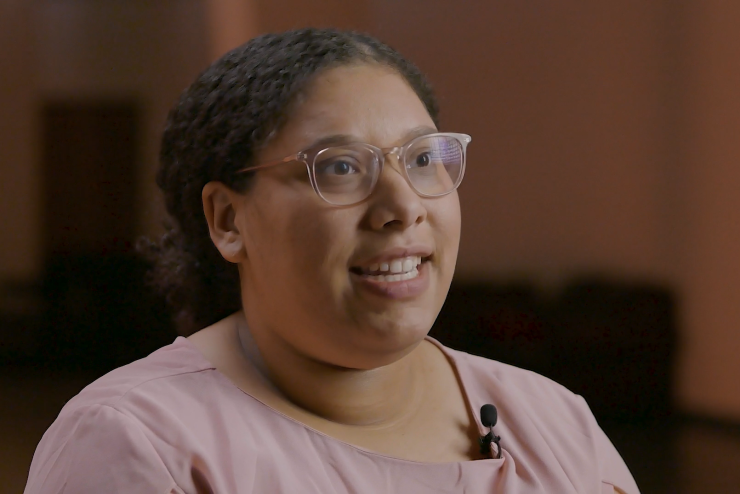
How a Diva Made History
All divas are celebrities, but not all celebrities are divas. Assistant Professor of Politics and Women’s & Gender Studies Cecilia Cerja explores the extraordinary life of Josephine Baker. A dancer, wartime spy, and civil rights leader, Baker showed how a diva can make history by combining art and activism to influence culture and inspire change.
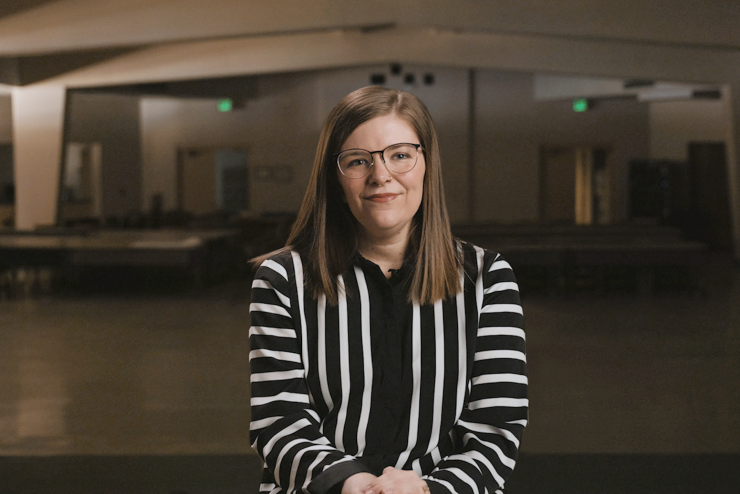
Why Do Youth Voices Matter?
How do we ensure that young people, who lack the ability to vote, can have their voices heard? Professor Kathryn Morgan discusses how youth empowerment and agency are essential to designing and sustaining communities with opportunity for all.
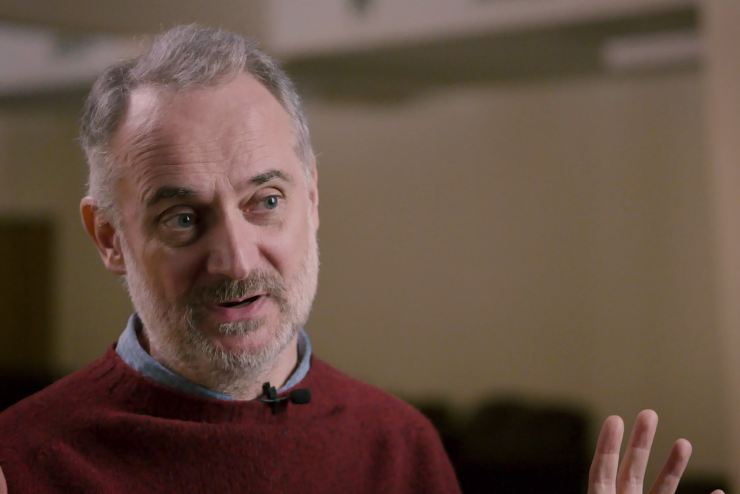
Listening to Nature
What if we listened to nature like it was a concert we’d bought a $100 ticket to? Professor David Haskell explores how the songs of insects and birds reveal deep connections between us, our evolution, and the more-than-human world. Watch the full video to discover what listening to nature’s symphony can teach us.
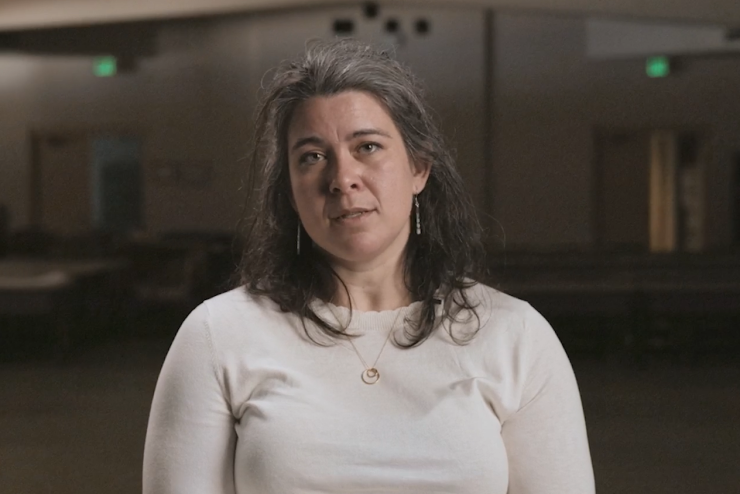
Why Amphibians are Superheroes
Among the most abundant creatures in the ecosystems of the Southeast United States, amphibians and their unique powers are often overlooked. From salamanders that can regrow limbs to a frog that can break its own bones to use as weapons, Professor Kristen Cecala discusses the many ways that amphibians are nature's superheroes.
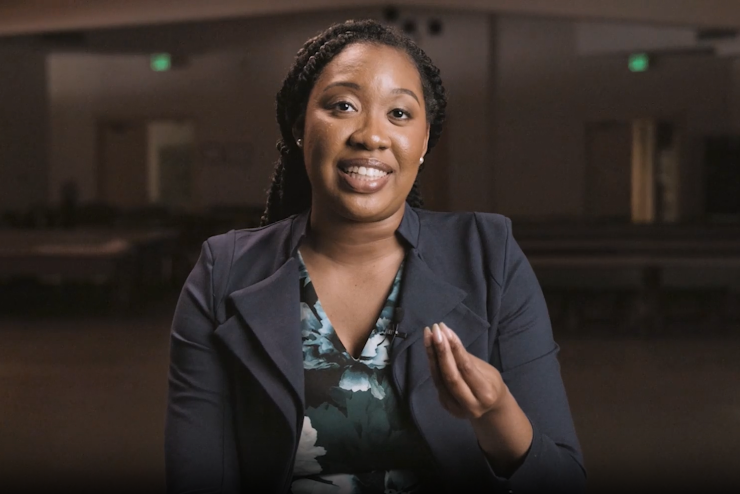
Reading Fiction in Unprecedented Times
Can reading fantasy ground us in unprecedented times? Professor Britt Threatt reflects on how reading about monsters, magic, and the apocalypse can lead us to new perspectives on real-world challenges—and names her top five fantasy book recommendations.
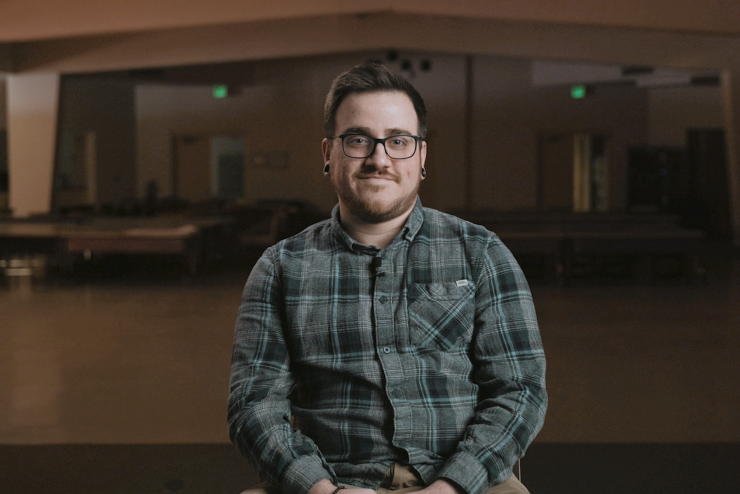
What Does a Lighting Designer Do?
From massive operas to intimate one-man shows, all theatrical productions depend on light to tell their story. Professor Jordan Vera illuminates the role of a lighting designer, breaking down how every choice related to light, shadow, and color translates into an emotional experience for the theatregoer.
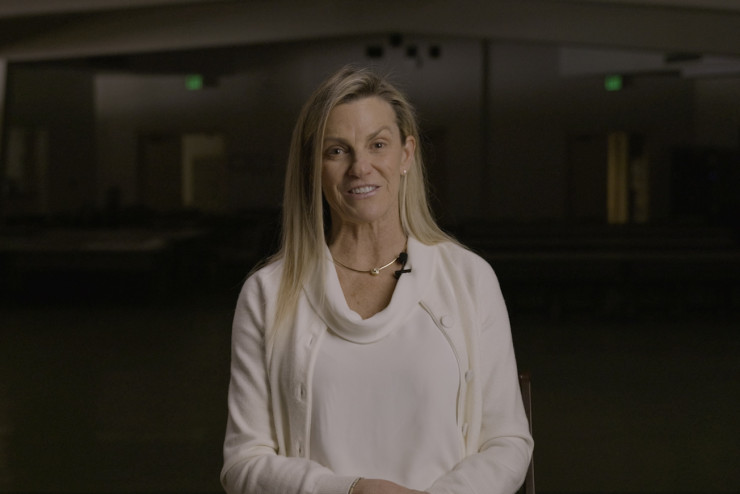
The Mathematics of Aviation
Professor Catherine Cavagnaro discusses the many intersections between mathematics and aviation—and how, no matter how well-versed you are in the science behind it, flying still feels like magic.
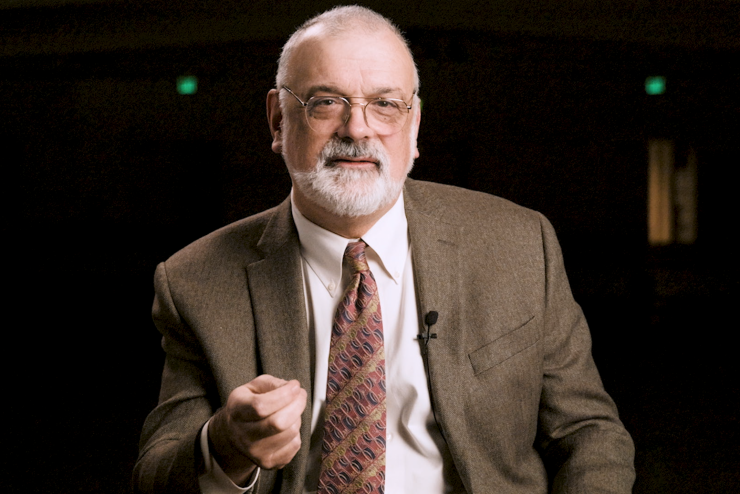
Seeing Ourselves in the Ancient World
With portrayals ranging from the imperious to the ridiculous, Pontius Pilate has always been a major character in films about Jesus. Professor Chris McDonough breaks down how filmed representations of Pilate serve as stand-ins for contemporary audiences, revealing how we can see ourselves when we gaze into the mirror of antiquity.
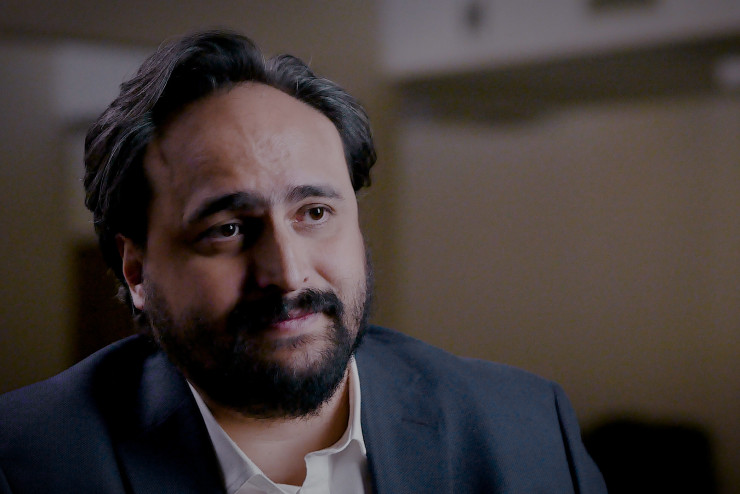
What Does a Conductor Actually Do?
Why does an orchestra need a conductor? Professor Mario Alejandro Torres discusses the role of a conductor, how he blends the different sounds of an orchestra's sections into one, and how sometimes the most powerful moment in music is when there is no sound at all.
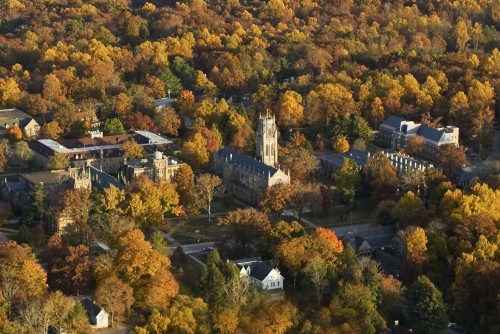
A visit to the Domain (it's what we call our 13,000-acre campus) is the best way to determine if Sewanee is a good fit for you. Once you set foot on campus, spend time with our students and professors, or take a stroll through Abbo's Alley, we are confident that Sewanee will find its way into your heart.

Our small classes mean that your voice will be heard, your contribution will be expected, and your opinion will be listened to (and disagreed with, and challenged, and seen from a different perspective, and pushed in a new direction, and considered—and you know what? Maybe we’re both right. See how it works?).
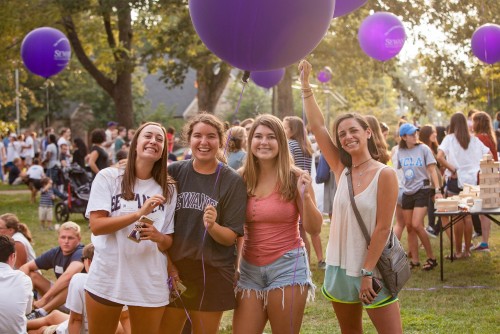
We're a community where everyone has a place and there's a place for everyone. Group study? We'll bring our notes. Rock climbing? We're geared up and ready. Jam session? Sure, we'll play with you. Whatever you want to do, at Sewanee, you'll never have to go it alone. Unless you need your space. Then, we totally get it.